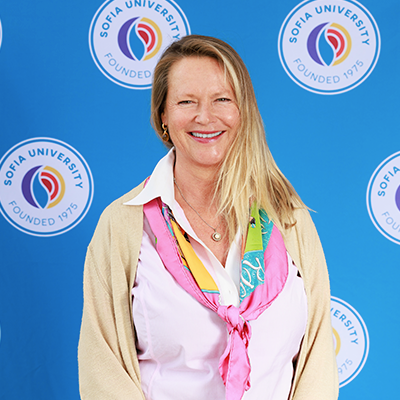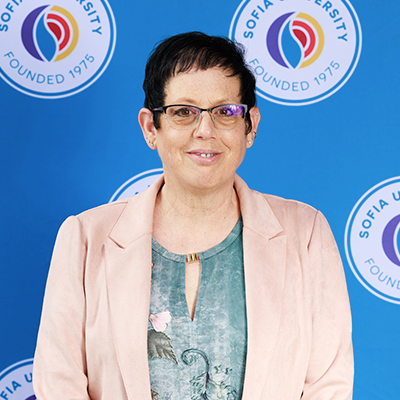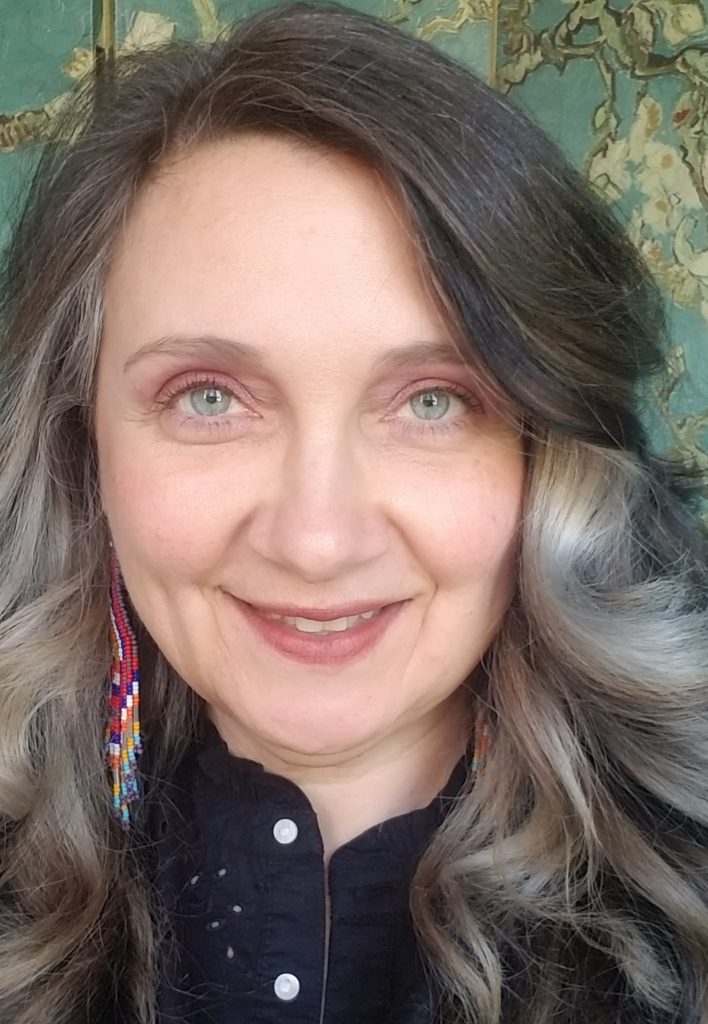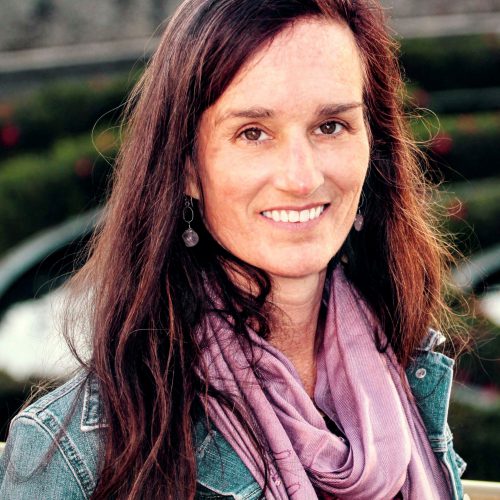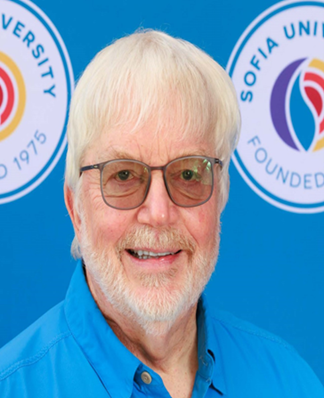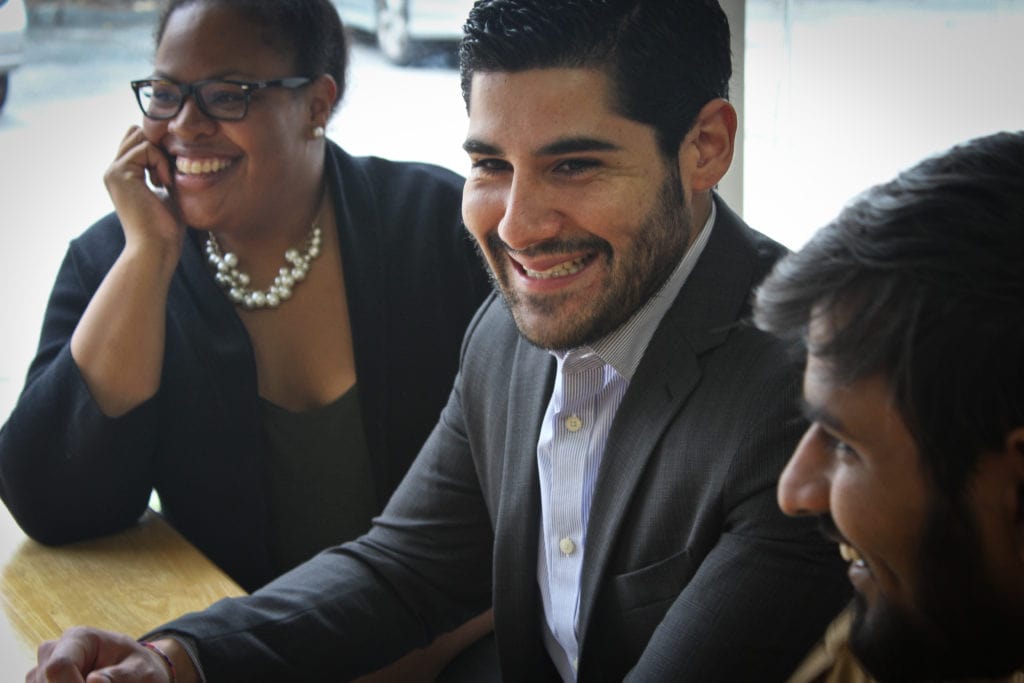Jess Parr is a therapist with extensive experience in client-centered care, group therapy, and psychosocial assessment. In her previous experience as an Adjunct Faculty member at Sofia University, she taught assessment in the MA Counseling Psychology program. Jess has led interdisciplinary teams and enhanced therapeutic services in her work as a Program Manager at Cielo House. She conducted program evaluation and integrated client feedback to improve treatment satisfaction. As a therapist at The Healthy Teen Project, she provided individual, family, and group therapy services for partial hospitalization and intensive outpatient clients.
Jess holds a Ph.D. in Transpersonal Psychology from Sofia University, where she also conducted research on smartphone attachment and its effects on user wellbeing. Her dissertation, Transforming Smartphone Attachment Through a Transpersonal Group Intervention, utilized mixed-methods research to explore how mindfulness-based interventions can improve users’ relationships with technology.
Education:
• Ph.D., Transpersonal Psychology, Sofia University (2022)
• M.A., Counseling Psychology, Sofia University (2017)
• B.A., Psychology, University of Calgary (2015)
Educational Research:
Johnson Parr, J. 2022. Transforming Smartphone Attachment Through a Transpersonal Group Intervention: An Intuitive Inquiry. ProQuest Dissertations & Theses Global. https://www.proquest.com/dissertations- theses/transforming-smartphone-attachment- through/docview/2719039183/se-2
Licensures & Certifications:
• Foundations of User Experience (UX) Design (Google), 2025
• Gallup StrengthsQuest Facilitator (Gallup), 2015
• International Improv School Certification (Loose Moose), 2012
• Yoga Instructor, Level 1, 2010
Research & Training Interests:
Jess’s clinical research interests include examining therapeutic interventions that promote user wellbeing and investigating the impact of mindfulness and transpersonal psychology on mental health. She is particularly interested in exploring how technology and digital tools can support clinical care and improve therapeutic outcomes for diverse populations.


